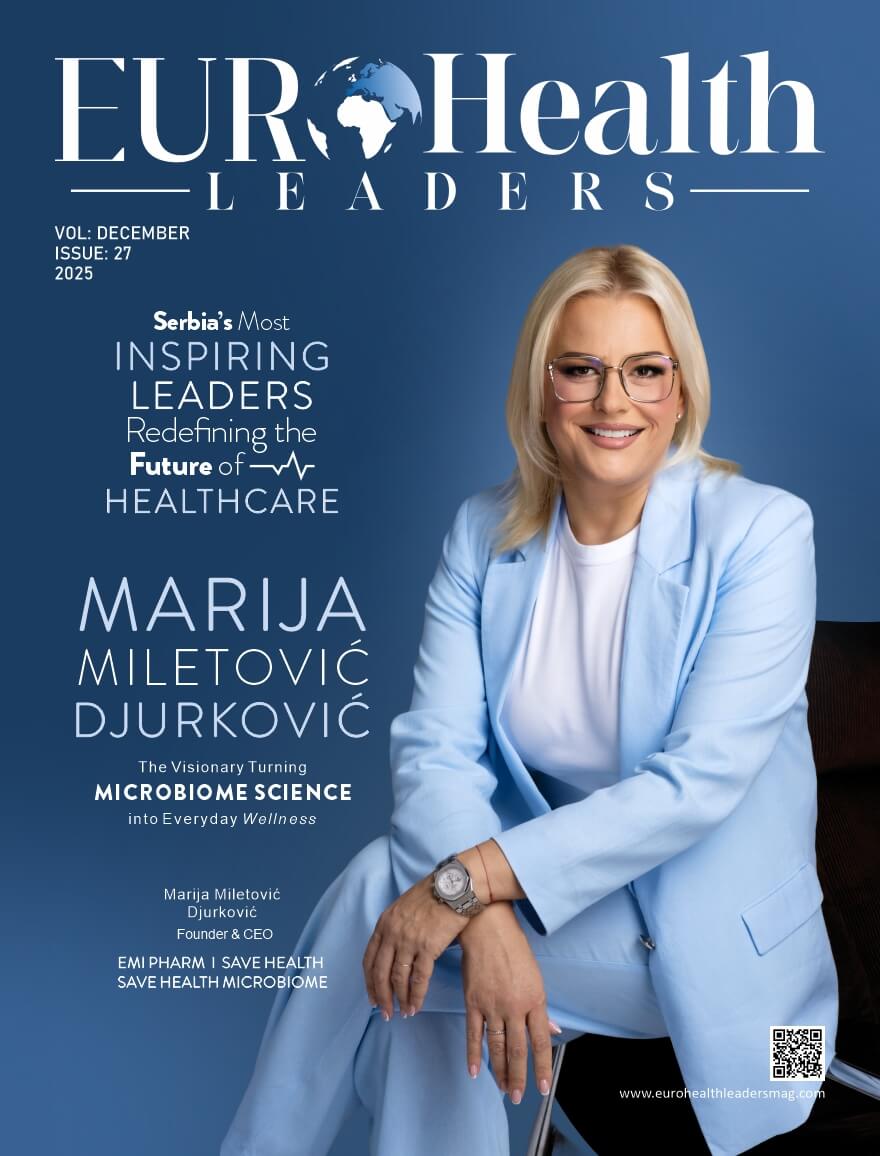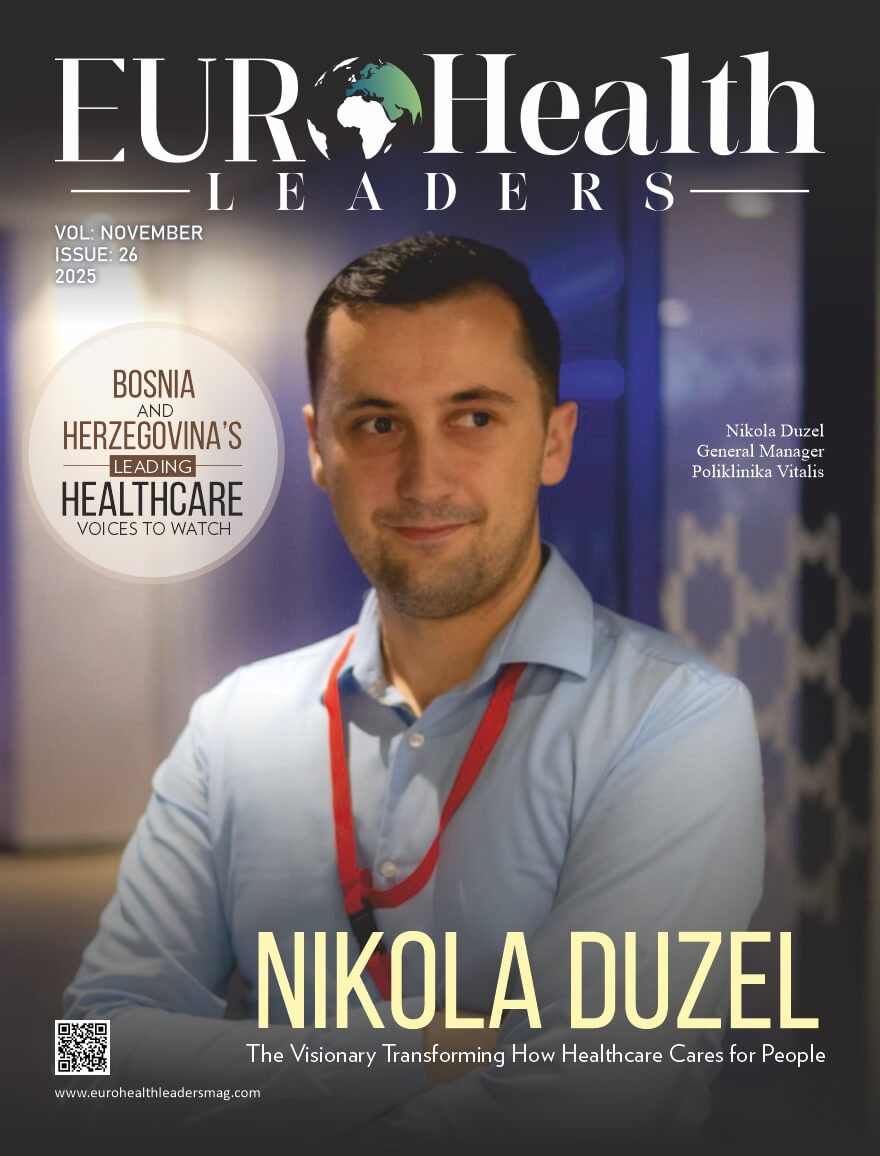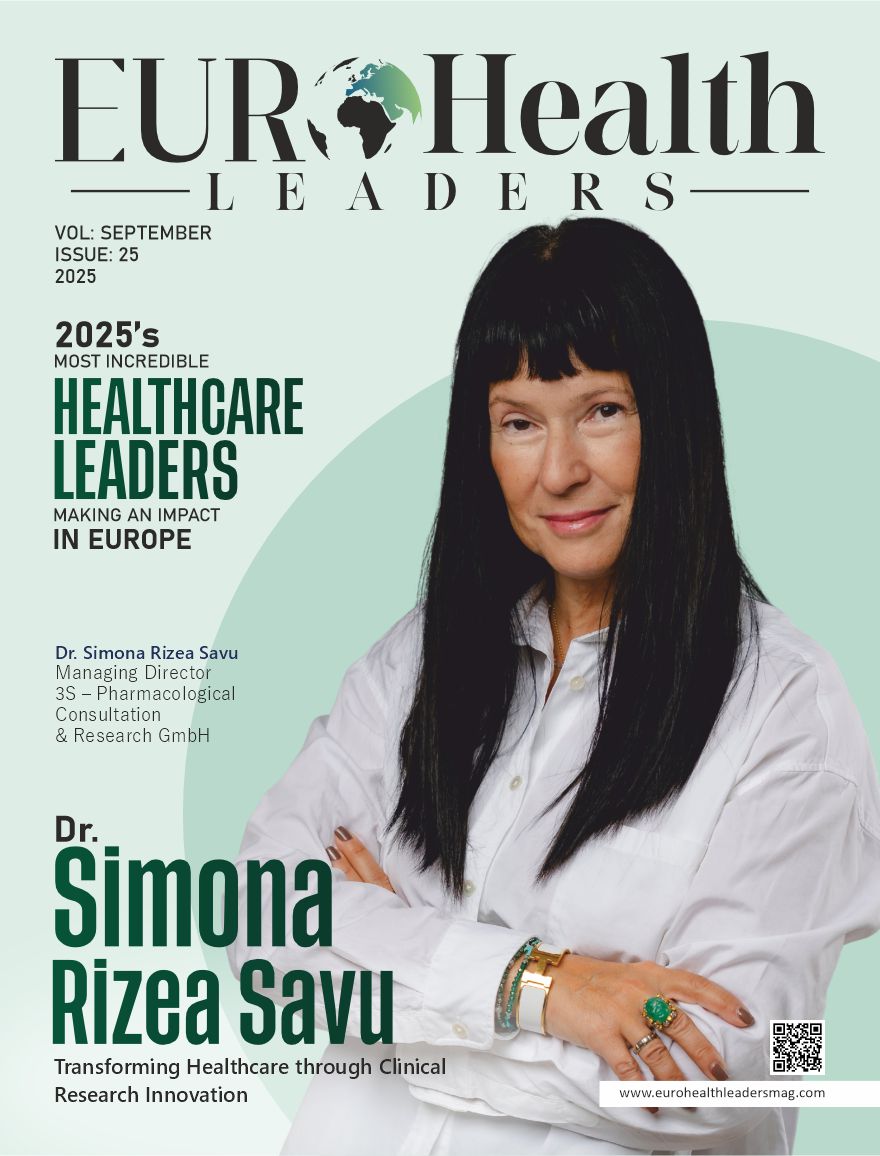Prime Highlights
- Daily, small quantities of ultra-processed foods have the potential to increase type 2 diabetes, colorectal cancer, and cardiovascular disease risk.
- The study identifies severe health risks beginning with as few as one serving or less of processed food daily.
Key Fact
- As little as 50g of processed meat daily may potentially raise diabetes risk by 11% and cancer risk by 7%.
- Sugary drinks also more likely to be linked with chronic disease risk at low intakes.
Key Background
A recent global research has discovered that even regular moderate intake of “ultra-processed foods” notably stops a rise in the risk of long-term diseases like type 2 diabetes, ischemic heart disease, and colorectal cancer. Researchers compared various types of food like processed meat, sugarsweetened beverages, and foods that have trans fats and identified that health damage is provoked even at minute amounts daily.
For example, eating 0.6g to 57g of processed meat every day, which is less than a single hot dog serving size, will add up to an 11% higher risk of type 2 diabetes and a 7% higher risk of colorectal cancer. A daily intake of around 50g of processed meat has also been found to contribute to an increase of ischemic heart disease by 15%.
Similarly, daily consumption of 1.5g to 390g sugar-sweetened beverages was found to increase the risk for type 2 diabetes by 8% and ischemic heart disease by 2%. Intake of food limited in trans fatty acids was also found to be related to disease burdens, which were mainly cardiovascular in origin.
The research points out the presence of harmful chemicals in processed foods such as N-nitroso compounds and polycyclic aromatic hydrocarbons in meat products and large amounts of unhealthy fats and sugars in processed foods and sodas. These chemicals have a link to metabolic and inflammatory pathways in the human body, hence even seemingly minor quantities are proved to cause harm in the long run.
The evidence is in support of restricting ultra-processed food consumption globally. In 2021 alone, overconsumption of these foods contributed to hundreds of thousands of deaths and millions of disability-adjusted life years. Public health policies must now shift to avoid even trace amounts of consumption from reducing morbidity through chronic disease in the future.









